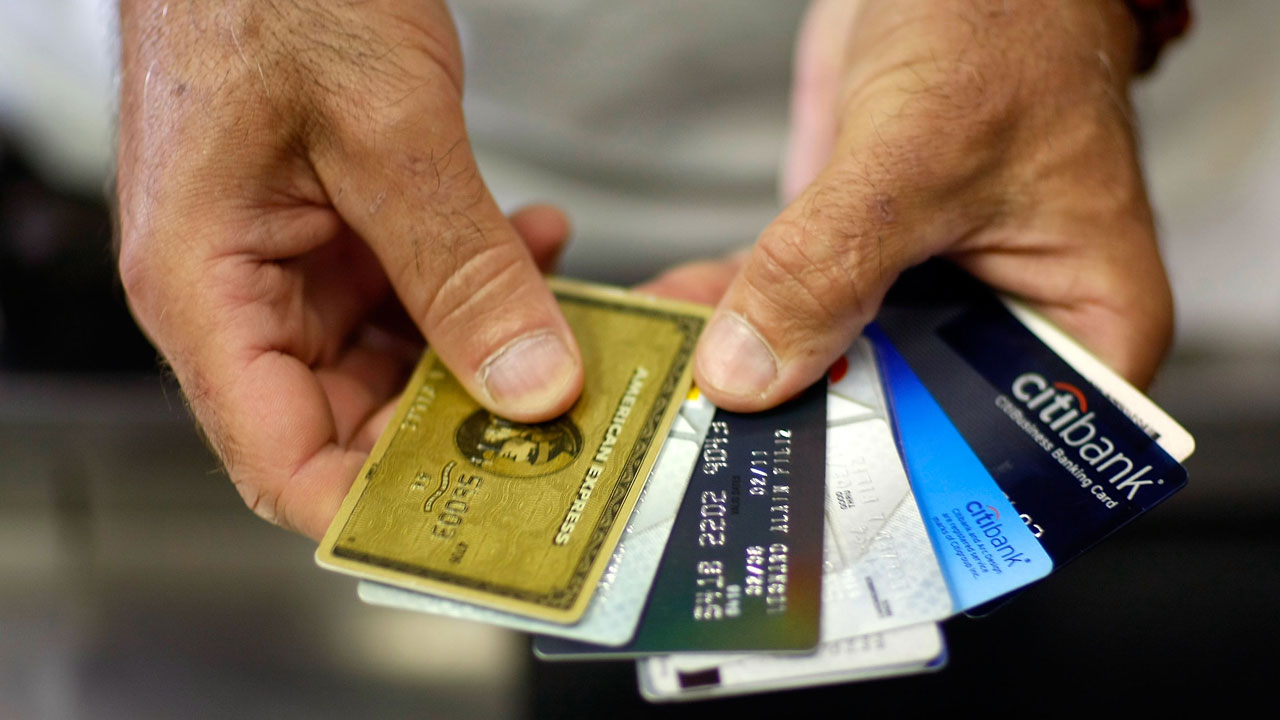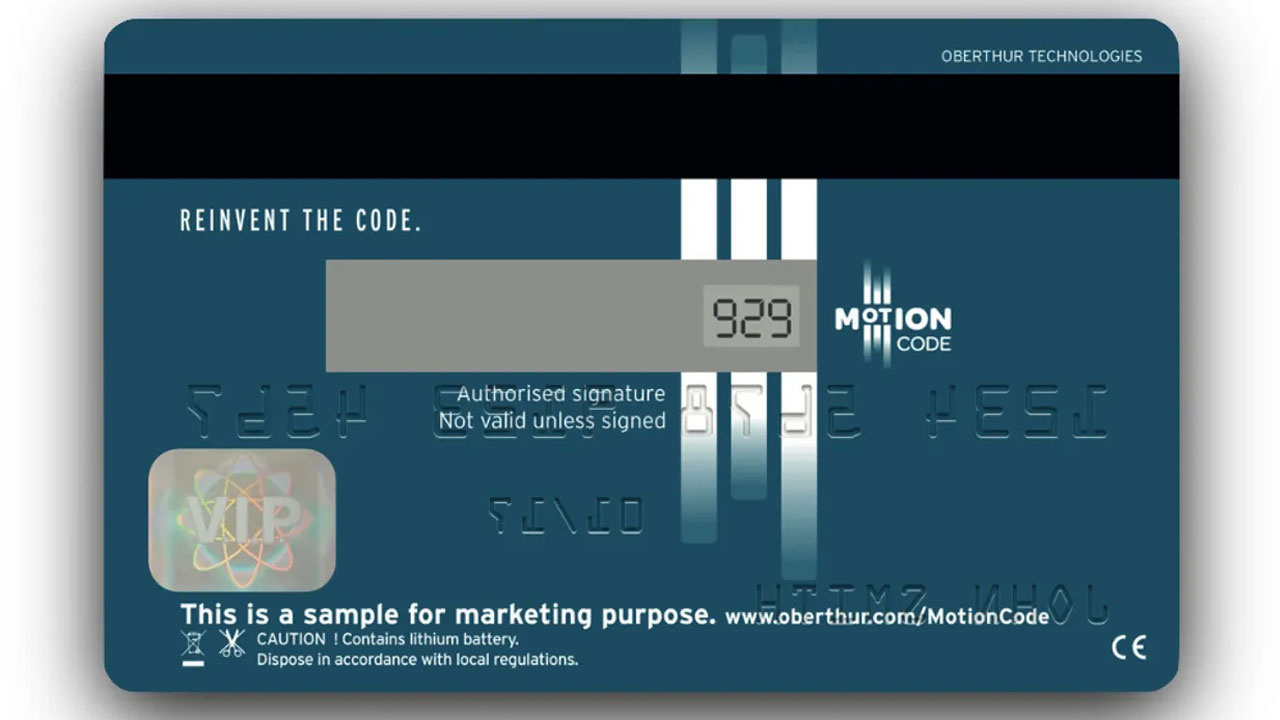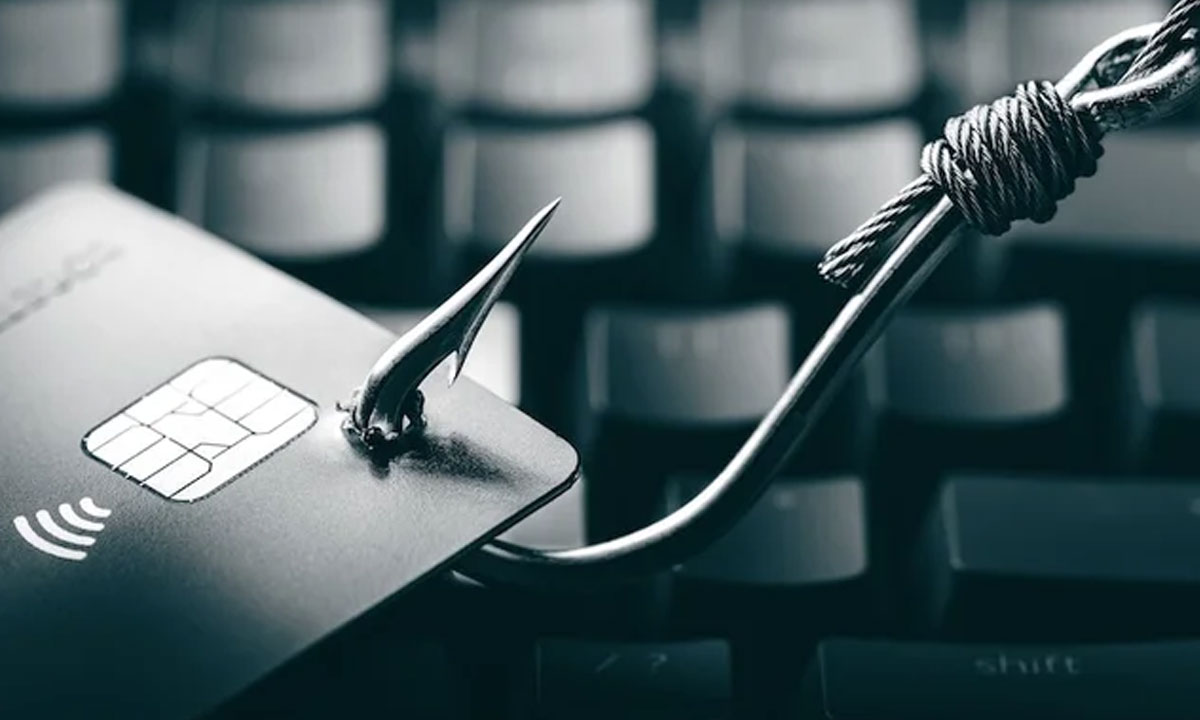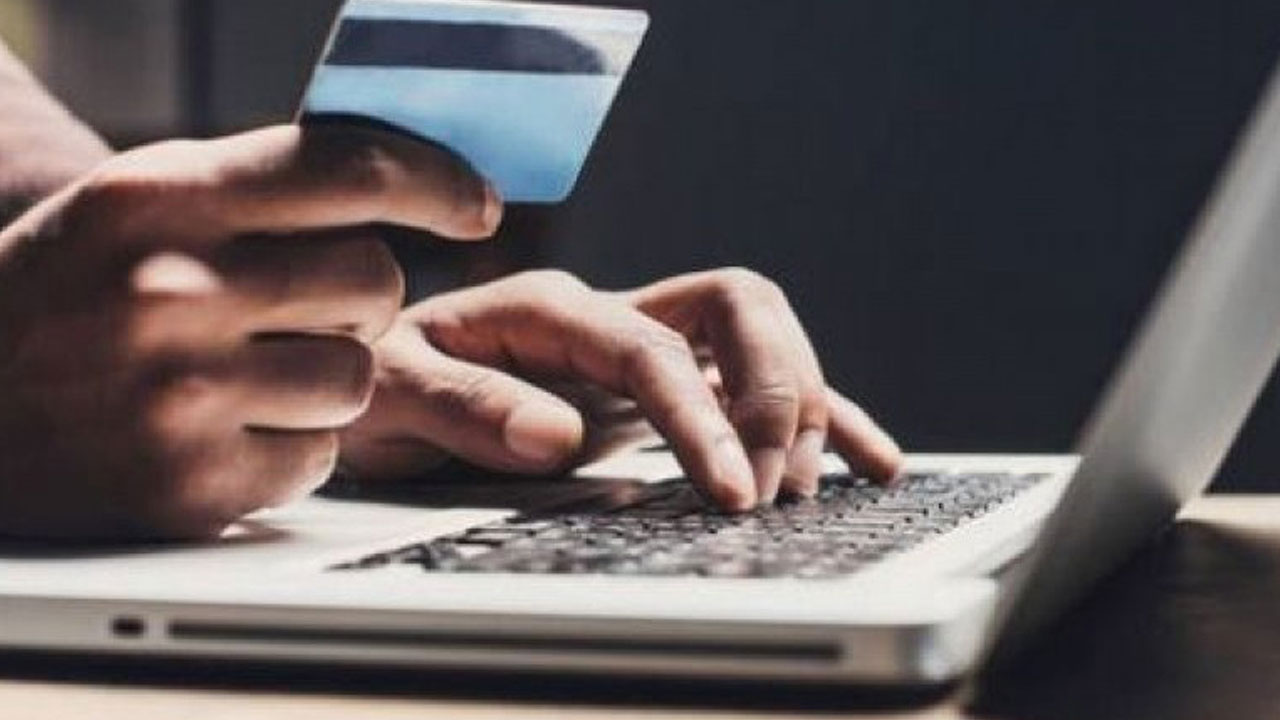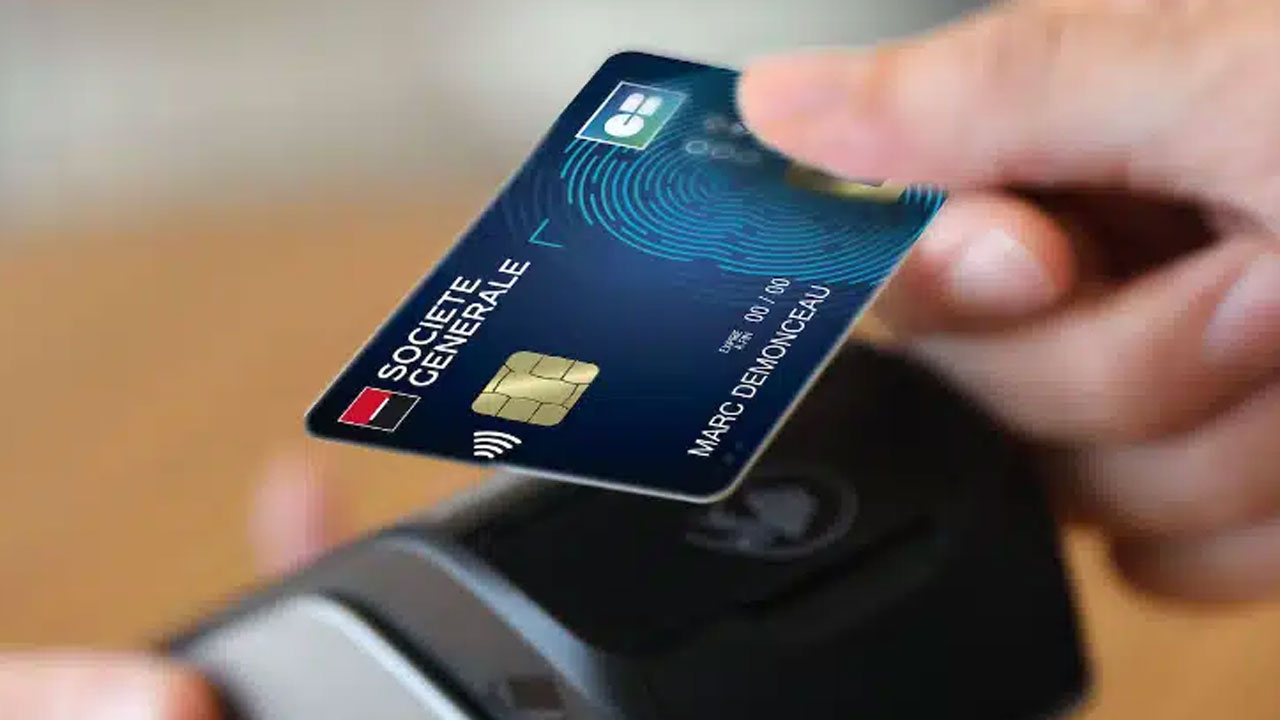
Keeping Hackers at Bay: The Power of CVV in a Credit Card Safety
In our digital world, Cvv in a credit card online fraud is a big issue of feccshop. Scammers trick people out of their money in new ways all the time. People like Rekha Prasad and Suresh Nair have lost a lot because of data leaks from service providers.
We usually can't control who our financial info goes to. This means we must protect our sensitive data ourselves.
Key Takeaways
- The CVV (Card Verification Value) is a critical security feature that helps protect against credit card fraud.
- Maintaining the confidentiality of your CVV is essential in safeguarding against unauthorized use of your credit card information.
- Online transactions require the CVV, along with the card number, to verify the legitimacy of the purchase.
- Fraudsters are constantly finding new ways to exploit vulnerabilities, so staying vigilant and implementing security measures is crucial.
- Understanding the importance of the CVV and other fraud management techniques can help you keep your financial information secure.
Understanding the Threat of Online Fraud
The way we handle money is changing fast, and so is the threat of online fraud. Cybercriminals target our sensitive cvv credit card details. Real cases, like those of Rajesh Iyer and Aarif Ansari, show how online and real life risks are merging.
Real-Life Accounts of Online Fraud Victims
Stories from fraud victims underline a scary fact: online fraud is everywhere. They teach us about where to find cvv, cvv code meaning, and how cvv works. Crooks use these details to steal money, causing big financial hits.
The Blurring Line Between Virtual and Real Worlds
Our digital and physical worlds are mixing more. This makes it easy for fraudsters to trick people using cvv number tips and cvv vs cvv, for example. We need to stay alert to protect ourselves.
How Data Leaks Lead to Financial Losses
When data leaks, money loss can follow, as with Rekha Prasad and Suresh Nair's cases. We often can't control every service's involvement in our finances. So, focusing on cvv code security is key to safeguarding our cvv for online transactions and what is cvv in credit card.
Safeguarding Your Financial Data
Keeping your financial data safe is very important today. Never share your OTP or scan unknown QR codes. Scammers misuse the UPI 'collection facility' to trick people into approving fake payments, causing them to lose money.
Never Share OTPs or Scan Unverified QR Codes
Experts like Shilpi Mishra and Topendra Bhattacharjee advise against sharing OTPs. Doing so, or approving fake payments, can lead to big financial losses.
Avoiding Malicious Links and Phishing Attempts
Experts, like Ritesh Chopra, warn against dangerous QR codes. They can steal info from your wallet or bank account. Be careful with unknown QR codes or links to keep your cvv credit card and personal data safe.
The Importance of CVV in a Credit Card
The CVV for sale Online makes credit cards safer. It is a 3- or 4-digit number that shows you have the card. It's not just the card number. For online buys, the CVV and card number are checked to make sure it's you buying. This stops others from using your credit card details.
Banks make the CVV using secret details from your account. They use special info like your account number and a 4-digit date. To keep your CVV safe, protect your devices and avoid shady websites. Also, keep personal details private and watch your bank statements carefully.
VISA, MasterCard, and Discover cards have a three-digit CVV. Amex cards have a four-digit one. This CVV code makes online shopping safer because it's an extra, hard-to-crack code. This helps keep hackers away from your important card info.
But, beware. Relying on the CVV alone isn't enough to stop fraud. You must also protect your personal info and keep an eye on your accounts. Using a service like cvv vs cvv2 can also give you an extra layer of protection.
When online shopping, check for "https://" and a lock symbol in the site's URL. This shows the site is more secure. But, always be careful with your CVV and other card info, even on sites that look safe.
| CVV Details | Explanation |
|---|---|
| cvv code verification | The CVV is a 3- or 4-digit number found on credit and debit cards that helps verify the card is in the user's possession during online transactions. |
| cvv number not working | If a CVV number is not working, it may be due to an expired card, a declined transaction, or an issue with the payment processing system. |
| credit card cvv explained | The CVV is a security feature that adds an extra layer of protection against credit card fraud for online and phone purchases. |
| cvv generation | Banks generate unique CVV numbers for each credit or debit card using algorithms that include the card number, expiration date, and other factors. |
| how to find cvv without card | It is not possible to find a CVV number without physically having the credit or debit card, as the CVV is printed on the card itself. |
| cvv code in payment process | The CVV is an essential step in the online payment process, as it helps verify the card is in the user's possession and reduce the risk of fraud. |
Knowing about the importance of cvv and keeping yours safe can make online shopping more secure. It helps lower the chance of someone stealing your credit card info.
https://www.youtube.com/watch?v=6cXgWhTc6us
Deregistering from Promotional Offers
If you're smart about using your cvv credit card, you've likely seen a lot of promotional emails and texts. While these can be useful, not paying attention might mean you miss important updates. To be safe, you should unsubscribe. Remember, you'll still get essential messages from your bank even if you stop the marketing ones.
Unsubscribing from these offers can keep your cvv number and other important info safe. This way, you won't deal with lots of spam. Plus, you lower the chance of bad actors getting your cvv code security by sending fake messages.
It's vital to protect your cvv, not only when you shop online. In today's world, being careful with your cvv for online transactions and knowing about cvv fraud prevention is key. By being cautious with your cvv number tips and not signing up for all offers, you're looking after your finances well.
Avoiding Stored Card Details on Websites
In today's digital world, it's easy to save your card details on different sites and apps. But, Shivangi Nadkarni warns not to. She's from Arrka, a data and security company. Saving your card and bank details on these sites makes them an easy target for hackers. This could put your sensitive data at risk.
Turning Off Auto-Fill for Added Security
Auto-fill is a big security risk on web browsers. It can save your card details without you knowing. This makes it easier for bad actors to find and use your cvv credit card information. To make shopping online more secure, turn off the auto-fill feature. Also, never save your cvv code or other important financial details on any site or app.
Understanding the dangers of keeping your cvv number and payment info online is key. By taking action to guard your information against cvv fraud prevention and unwanted access, you can stay safer. Always remember, keeping your cvv code verification safe is crucial in this digital age.
Protecting Your SIM Card
Keeping your SIM card safe is crucial, especially with how much we use smartphones for banking. Shilpi Mishra from Kotak Mahindra Bank urges us to be careful. She says that crooks can copy your SIM card in just 20-30 minutes. This copied SIM can then be used to get bank SMS messages and steal your info.
Device Fingerprinting and Additional Security Measures
Suresh Rajagopalan from Wibmo talks about a cool tech called device fingerprinting. It checks if the SIM and the device match. If not, the bank might ask for extra info. This adds a layer of security, making sure only you can access your bank, , where to find cvv, and other financial details.
Keeping Your Devices Secure
In today's digital world, keeping your devices safe is more crucial than ever. Device fingerprinting is a key tool used by banks to check your device's identity. If a strange SIM card is used, the alarm goes off. Your gadgets can be vulnerable offline and online. Offline, leaving your device unwatched is a risk. Someone might access important data. Online dangers come from dodgy apps or illegal downloads. Such things can carry viruses or steal your info.
Offline and Online Hacking Threats
Leaving your device unattended can let someone in. They could find your cvv credit card number and more. Online, threats from unsecured apps or pirated content loom large. They often carry viruses or malware, jeopardizing your device’s safety.
Risks of Unsecured Apps and Downloads
Dheeman Thacker and Rajagopalan stress the importance of protecting your devices. They say investing in quality antivirus and anti-malware software is wise. These tools can shield you against viruses and sneaky apps or games. Such apps might be collecting your sensitive info without you knowing, putting you at risk.
Antivirus and Anti-Malware Software Protection
To shield your device from threats and secure your financial details, invest in good antivirus and anti-malware software. These programs can scan and remove any harmful software found on your device. Thus, they protect you from cvv fraud and other related crimes.
Exercising Caution with Tap and Pay Cards
The world is quickly moving to digital, making tap and pay credit cards more popular. But, with this ease comes some unique security risks. Since these cards let you pay without a PIN, they might be used by others without your permission. This means you should be careful when using them.
Experts warn that tap and pay cards are more likely to be misused. This is because you don't always have to enter a PIN when you pay. So, although it's easy to use them for transactions, it might also put you at risk. Criminals can take advantage of this by making unwarranted purchases, leaving you to deal with the outcome.
So, keep a close eye on how you use your tap and pay card. Always check your account to catch any strange activities early. By doing this, you can help protect yourself from credit card fraud. This way, you keep your money safe.
Staying Vigilant Against Evolving Scams
The digital world is always changing, and so are scammers. They come up with new tricks to fool people every day. Right now, there are two big dangers: "Disguised Image Files" and fake QR code scams.
Disguised Image Files and Computer Worms
Criminals are now turning bad files into good-looking pictures. They want you to click on these files, thinking they're safe links or downloads. But, they can start computer worms that spread, put viruses on your device, or steal your files and personal info. Be careful of lovely-looking files that ask you to click on them. They might be hiding something bad.
Malicious QR Code Scams
There's also another trick with QR codes. Scammers put up codes on ads or posters in public places. When you scan these codes, they can make you visit a fake website or download a bad app. Always think twice before scanning a QR code. Only use codes you trust to keep your cvv credit card and other details safe.
It's important to stay alert and learn about these new scams. This helps keep your money and digital devices safe. Know the latest dangers and use strong safety steps. This way, you can reduce the chances of bad things happening online.
Leveraging Search Engines Safely
Search engines like Google help us find a lot online. But they can also be risky. Since Google is very popular, bad actors try to take advantage. They might create fake sites or use fake links to trick people.
Cybercriminal Exploitation of Google's Dominance
Tips to stay safe online are crucial, especially with search engines. Scammers can make their fake sites look real. They can steal important info or damage devices if we're not careful.
So, we must be alert. Always check if a site is real and be careful with links or pop-ups. With the right habits, we can keep our online life safe. This helps protect our money from cybercriminals.
Combating Phishing Text Messages
Imposter phishing scams are on the rise. Scammers pretend to be trusted companies to get you to click on harmful links or share personal info. They might send texts about UPS packages, Costco surveys, Amazon security, or passwords.
Never click on links in messages or emails you didn't expect, even if they look real. Always go to websites and apps yourself, not through links in these messages. And watch out for anyone asking for sensitive details like CVV codes, or passwords. Real companies won't ask for these via text or email.
Being alert and following these tips will help protect your money. CVV codes and other security steps are vital for your credit card safety online.
Fraud Management Terminology Essentials
The digital world keeps changing, making it vital to know fraud management terms. This knowledge helps protect your money and data. Understanding these terms can make dealing with money online safer.
Address Verification Services (AVS)
Merchants use Address Verification Service (AVS) to check if a billing address is valid. It compares the address given with the one the bank has. This step helps spot fraud and lowers the chance of chargebacks.
Card Verification Value (CVV)
The Card Verification Value (CVV) is a 3- or 4-digit code on the back of cards. It adds security to online and phone transactions by confirming the cardholder’s possession. This feature is crucial for secure cvv credit card payments, preventing fraud wherever the card isn’t physically used.
Carding and Chargebacks
"Carding" uses stolen card info for illegal buys. Chargebacks occur when a customer disputes a charge, often for fraud. Knowing about these is key to stop cvv fraud and keep financial interactions honest.
Encryption and Authentication Measures
Strong encryption and authentication are musts for keeping financial info safe. AES is a top encryption standard for this. Adding methods like passwords and biometrics helps ensure only the right people access accounts.
Learning about cvv number tips and more can make online money transactions less risky. Always be alert and use safe cvv safety tips to keep up with fraud protection in our fast-moving digital world.
Conclusion
We covered the key role of the CVV in making credit card transactions safe. It's a 3- or 4-digit code on your card. This code fights off fraud by adding extra security.
Knowing your CVV code stops others from using your card without permission. Cards from Visa, MasterCard, and Discover have a three-digit code in the back. American Express cards have a four-digit code in the front. This code is not kept on file by sellers. This way, your card details are safer if your card's information is stolen.
Always keep your CVV secure to avoid scams and fraud. Watch out for phishing and shady QR codes. The CVV is key for online and phone buys because it proves you have the card with you.
In the end, using what you know about CVV security helps keep your money safe online. Be smart, be ready, and protect your credit card. Being informed and alert is how you stay safe from fraud.
FAQ
What is a CVV code, and why is it important for credit card security?
The CVV (Card Verification Value) is a security code on credit cards. It defends against fraud. It is a 3- or 4-digit number found on the card. This number ensures the card's physical ownership. You need the CVV for online buys, making sure the purchase is real. Keeping the CVV safe stops unauthorized card use.
How can I protect my financial data from online fraud?
To guard your financial info from online crooks, use these steps: - Never share your OTPs or okay unknown info requests. - Stay away from unread QR codes, as they may gather your secrets. - Watch out for bad links and phishing tricks. Look out, even from seemingly real companies.
- Don't store your card details everywhere. - Disable autofill on your browser. - Secure your SIM card from cloning. It prevents easy access to your bank details. - Use strong protection on all your devices against online threats.
How can I avoid falling victim to emerging online scams?
To dodge new online scams, watch out for: - Files that look like pictures but can harm your device. - QR codes in public spaces trying to trick you with fake apps or info steals. - People pretending to be big companies to click bad links or share your details.
-Never click on unsolicited links or emails. Only go to the official sites to be safe.
What is the importance of the CVV code in credit card transactions?
The CVV is key for credit card purchases. It makes sure the buyer physically has the card. Needed for card-not-there and online buys, it checks if the sale is real. Strong CVV security means a lower fraud risk.
Why should I unsubscribe from promotional offers from my bank or financial institution?
It's wise to stop getting bank promotions. Mandatory bank messages will still come. Avoiding marketing helps dodge phishing and ensures you see important financial notices.
How can I enhance the security of my online transactions?
For safer online buys, follow these steps: - Don’t save card details on every site. - Turn off autofills to keep your info safe.
- These simple changes can boost your online security.
Why is it important to protect my SIM card?
Guarding your SIM matters for bank safety. Cloning a SIM is fast, letting crooks get OTPs. Banks may check if your device and SIM match. They might ask more questions if not.
What measures should I take to keep my devices secure?
For device safety, do the following: - Use paid security, especially on Android, to block viruses and spyware. - Be careful with apps and games, as they can grab your data.
- Avoid leaving devices where someone can access them offline.
- Malicious apps can target your financial data.
What are the risks associated with using tap and pay credit cards?
These cards without a PIN are easy for cheats to abuse. Use tap and pay with care. Check transactions closely to avoid harm.
How can I stay safe when using search engines?
Google's popularity makes it a target for fraud. Be wary of fake sites and links. Check if a page is real before clicking to steer clear of scams.
How can I identify and avoid phishing attempts?
Suspect messages or emails might be fake, aiming to fool you. Avoid links that don’t feel right. Always use the real company’s sites to stay safe.
What are some key fraud management terms I should know?
Here are some main fraud terms to know: - AVS checks the card's billing address. - CVV is the card's back code for proof. - Carding misuses card info. Chargebacks fix wrong buys. - Encryption and authentication tech keep your transactions safe.




